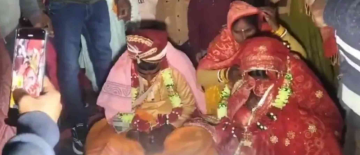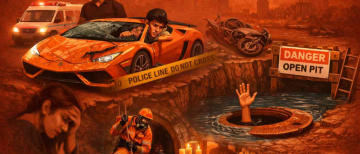There are multiple paradoxes that plague our times. The strangest of which, is the rise of the loneliest generation, at a time when the earth is most crowded. The human brain, like mycelium, craves for connections. That’s how we grow, that’s how we learn and that’s how we survive as a civilisation. But what happens when there is nothing physical or tangible to hold on to, grow from or grow with? A whole bunch of people, almost like me, who dislike going out and interacting with people in person, end up spending an unhealthy amount of time online in search of the same. We start to confuse the virtual for real, and the lines of reality start to blur at a rapid pace. As is visibly obvious from the sudden and violent upturn of the most toxic and addicting fandoms online, and with them the rise & rise of Para-social relationships.
Feeling Close, but Not Really
In today's world of constant connection, social media has changed the way we interact. One interesting, yet concerning development is the rise of one-sided online friendships. These are connections where people feel close to online personalities, even though the feeling isn't mutual. It's like having a best friend who's never heard of you.
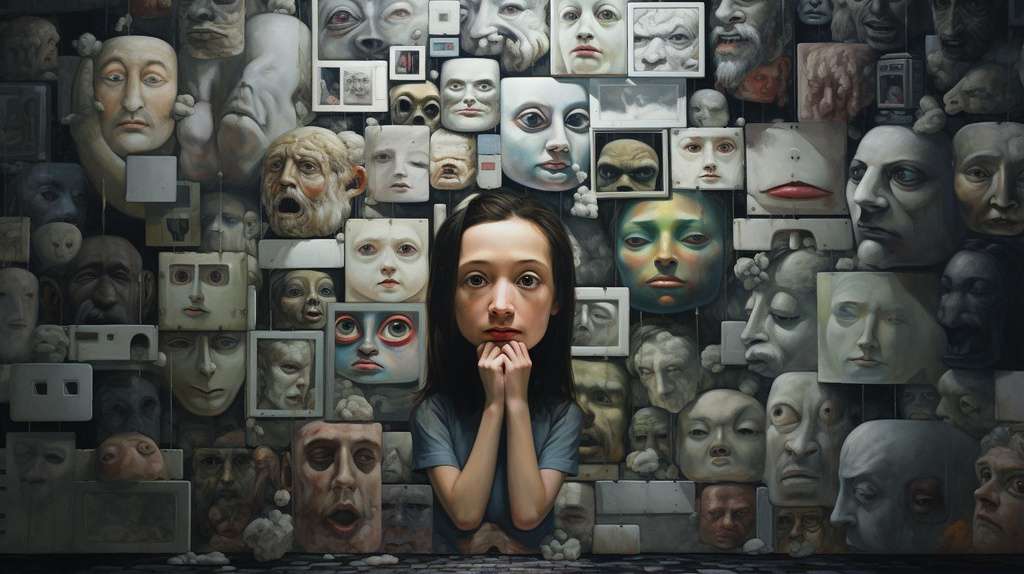
We're now in the time of influencers - people who have a lot of sway over their followers. Take someone like Bhuvan Bam or Komal Pandey or Diipa Buller-Khosla, all of whom combined have an online fan following of almost 10M people, and are super active on social platforms. Their content varies from their professional work showcase to their personal moments, which keeps their fanbase engaged with not just their work, but with them as a person.
Don’t get me wrong. Toxic fandom is not a new phenomenon. We have always, as fans, been possessive of the celebrities that we deem worthy, over others. This goes from movies to sports, to politics or musicians. This is a common human behaviour, however problematic, it is who we have always been - Hero/Celebrity worshippers. There is a pseudo-religious vibe to the whole thing and all the dodgy emotions that come with said vibe.
But in the past, if you were a fan, of say an actor; you could go to their movie, maybe all of their body of work, have their posters up on your wall, or read about them in the papers or monthly magazines. At some point, you could even write them a snail mail or go to meet them in person in a public setting during their events. But that’s where the spiral ended.
But that is not the case in the forever online world of social media where can literally obsess over your idol 24x7 if you so please. Fandoms are also a way to connect to strangers and build your personality around them. The BTS K-Pop fandom, or as they call themselves - The Army, does this very thing, across the globe, relentlessly. There is content created to keep fans hooked on an industrial level.
To a point, where one starts feeling like they are a part of a hive mind. This is made worse by the fact that now there is an actual chance that if you keep at it long enough, if you make a splash big enough if you pay large enough, your celebrity idol might actually notice you and communicate directly with you in the presence of millions of others like you. Prompting them to do the same. And round and round it goes to become a subscription-based relationship.
The Darker Side of Parasocial Relationships
Fandoms as consumerism traps and marketing companies have figured this out. And they have started monetising this wave of parasocial relationships. Today when your favourite content creator live streams, you can send a superchat or donate to their stream for them to take notice of you, say your name or read your question. For the streamer, it’s just another day’s job, where they come to talk into a camera and do their thing. You are just another pop-up on their screen that needs to go through. But for the fan, it’s a huge moment of elation - being recognised, being acknowledged.

In the past, if you saw someone eat, or sing, or disrobe, or respond to you, you needed to be in their close proximity. That implies closeness to our brain. But we can do all of those things virtually today, actually much much more. We can pay our way into gaining their attention, we can pay our way into their discord chatrooms, and we can even pay for someone to perform adult-oriented acts for us on screen. In real life, all of these gratifications, communications and insights were gained purely through personal or private interactions. Our brains haven’t yet adapted to cope with this sudden change in personal vs. parasocial connections. As mentioned before, this blurs the lines between real and imagined. You might think your favourite content creator or celebrity, about whom you know everything; but they don’t even know you exist. Making this a one-sided or a para-social relationship.
While most fans are well-meaning, there are instances where things take a darker turn. Just ask popular streamer Pokimane, who's had her fair share of scares regarding disillusioned fans who clearly had developed unhealthy parasocial obsessions. These extreme cases highlight the need to distinguish between genuine appreciation and being a stan. It's important to remember that boundaries exist for a reason.

And it’s not just a women-only misplaced male romance kinda of issue. Accused sex trafficker and women abuser Andrew Tate’s rise to internet infamy was fuelled by millions of incel men looking to be a part of the Manosphere. Tate, now in a Romanian Prison, at one point held a dangerous amount of sway on extremely volatile young minds. To a point where many of his followers did outrageous things to get his attention and started developing parasocial ties with him based on their shared misogyny. They started to feel seen by this person they considered worth following into battle. These fans were then later manipulated into paying for bogus courses or invitations to join paid chatrooms where the selling point was that they would get to interact with Andrew Tate in person. This is a vicious cycle that is silently destroying millions upon millions of lives, and creating a generation susceptible to cult-like personalities and con artists.
Monetising Loneliness:
These online connections aren't just small things. They affect what we think is normal and what's important. For example, think about the "body positivity" movement. Influencers like Lizzo and Jameela Jamil use social media to talk about accepting all body types. This has led to more people feeling good about themselves. But it's also become a big business, with companies using these messages to sell products. It's like turning self-love into a marketable commodity - a positive message with a commercial twist.
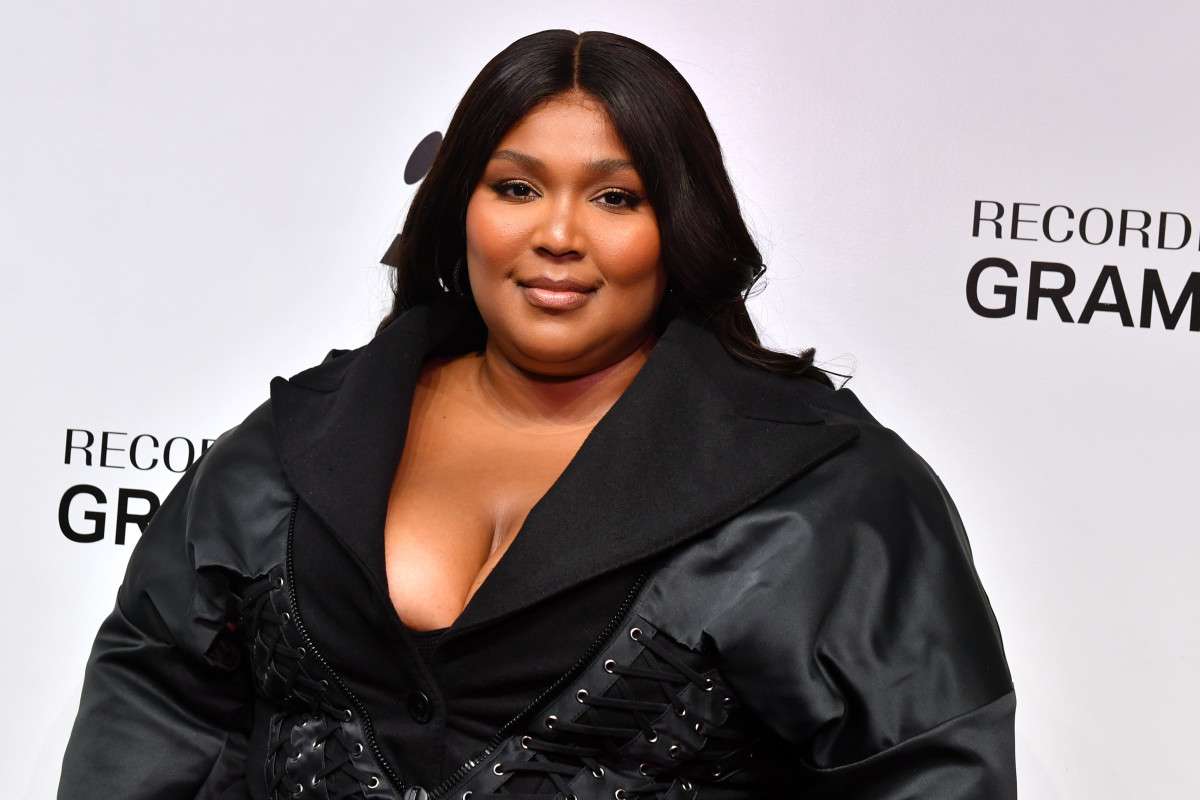
And speaking of marketable commodities, let’s talk about how the largest tech giants of our times are investing billions to make things worse for us. For instance, Meta - a forever online reality where you, the commodity, are being pushed, ushered and baited into taking on a virtual existence. Mark wants all of us to be hooked into VR headsets, further distancing us from even the ones who are in our physical proximity. How bad do you think these non-personal parasocial relationships will get, if you could, virtually sit at the same table as your celebrity crush and have a virtual mukbang? You’ll have to pay Meta for access of course, because that’s the idea. Detach the audience from the real, get them hooked on to the virtual and then charge them to stay there.

Onlyfans is another such phenomenon. This paid private social platform clocked over 210 million subscribers in July ’23. Now don’t get OF confused with the traditional adult websites. Oh no no, this is something different. OF is used primarily for adult-oriented content that comes directly from the creators to the paying patrons. This is as adjacent to sex work as it can be in a virtual setting and is gender agnostic. So, if you get to be intimate and play out aspects of yourself reserved previously only for & with a physical partner, why would you make any effort to ever take the pain to wash up, look good, and grow a personality to try and attract a real human being? You won’t. The effort vs. gratification curve is completely askew when compared. What was biologically supposed to bond you to your partner, is now a transaction.
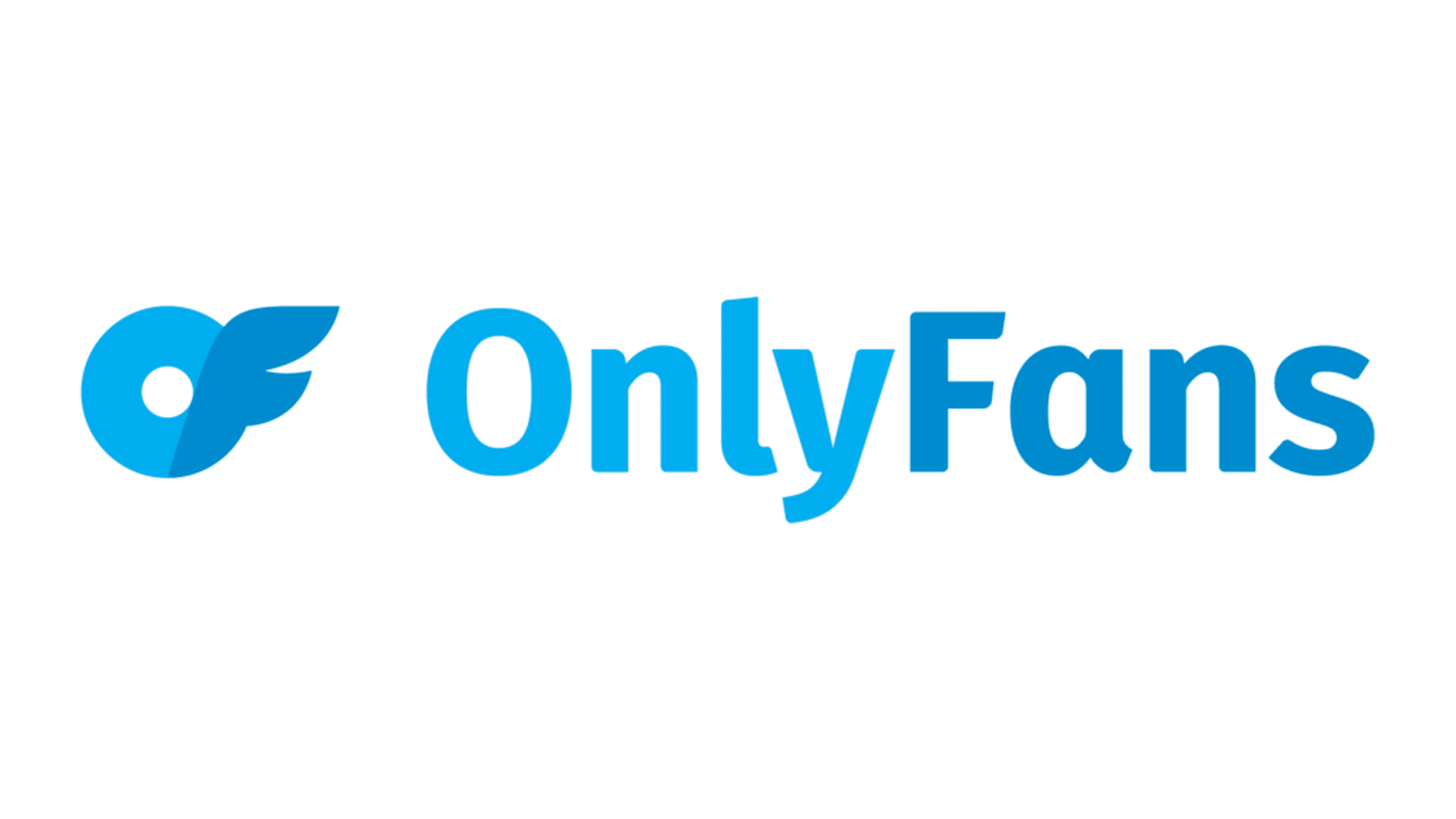
Can I scare you a bit more? Do you know about Replika? It’s a fast-growing app, that “Hold for applause” is an AI-generated companion that is with you 24x7. This is the gamification of loneliness. You can spend money to buy virtual clothes for your virtual companion, you can pay your way into more prompts, more voices, more faces, more body types. In fact, now you can pay your way into adult conversations with those bots. Black Mirror clearly failed to deliver it’s message, because there are many more such services cropping up that are replicas of Replika, and they all seem to have found enough lost souls to come find solace in a machine, while the world passes them by. I confess that I am susceptible to doomsday tales and conspiracy theories. But if this doesn’t seem dystopian to you, then we are in deep deep trouble.
Touching Grass:
We might never go back to old ways, we seldom do. But there might still be some lines we can draw for ourselves and the ones around us. The top of which is to get out once in a while, go out, and observe people and the world around you. It will help with your Vitamin-D deficiency and get your brain some much-needed rest.
Actively seek out authentic connections. Spend some time with family and friends, engage in face-to-face conversations, and participate in activities that bring people together. Remember, real bonds are built through shared experiences and genuine interactions. As social media keeps changing how we connect, we need to think about one-sided online friendships. Always remember, loneliness comes from the inability to connect, but it’s also something you can easily overcome if you start making small changes in your life and work towards them.
*The views expressed in this article are personal. They do not reflect the opinions, beliefs, or positions of Vygr and Vygr Media Private Limited.





